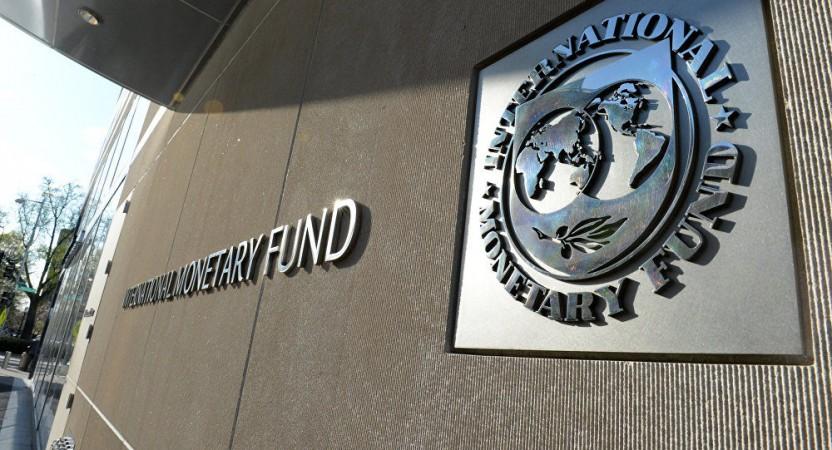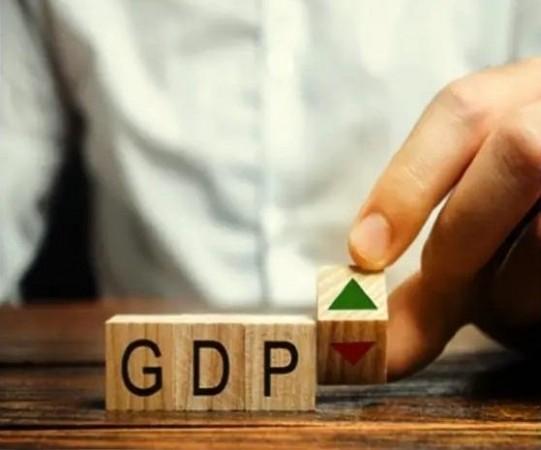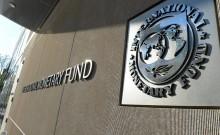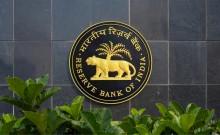
The International Monetary Fund (IMF) has revised India's growth forecast for the 2025/26 fiscal year, expecting a 6.6% expansion. Despite concerns regarding high U.S. tariffs on Indian goods, the country's robust growth momentum is believed to outweigh any negative impact. This positive outlook follows India's GDP growth of 7.8% in the April-June period, driven largely by strong private consumption. These figures solidify India's position as the fastest-growing major economy, even as fears linger over the potential consequences of steep tariffs introduced by U.S. President Donald Trump.
In a recent report titled the World Economic Outlook, the IMF highlighted that the upgraded growth forecast for India is due to the "carryover from a strong first quarter," effectively mitigating the impact of increased U.S. tariffs on Indian imports. Conversely, the IMF slightly lowered India's growth projection for the following fiscal year to 6.2%, citing challenges posed by trade policies.

The IMF's adjustment to India's growth forecast closely follows a similar move by the World Bank, which raised its own forecast to 6.5% for 2025/26 but lowered it to 6.3% for the subsequent fiscal year. This shift primarily stems from the effects of U.S. tariffs on different economies. Moreover, the IMF's broader outlook for emerging market and developing economies anticipates a slight moderation in growth from 4.3% in 2024 to 4% in 2026, influenced by factors like escalating U.S. tariffs and trade policy uncertainties.
Highlighted in the report is the potential impact of higher U.S. tariffs on global trade dynamics, with external demand being constrained and investment in export-driven economies facing uncertainty. The IMF underscores the fragile outlook for emerging markets and developing economies beyond China, emphasizing the importance of navigating current challenges to sustain growth.
The recent updates from the IMF shed light on the intricate relationship between global trade policies and economic growth forecasts. While India's growth prospects appear promising in the short term, prevailing uncertainties on the international trade front could pose obstacles to sustained expansion in the future.
(With inputs from IANS)

















